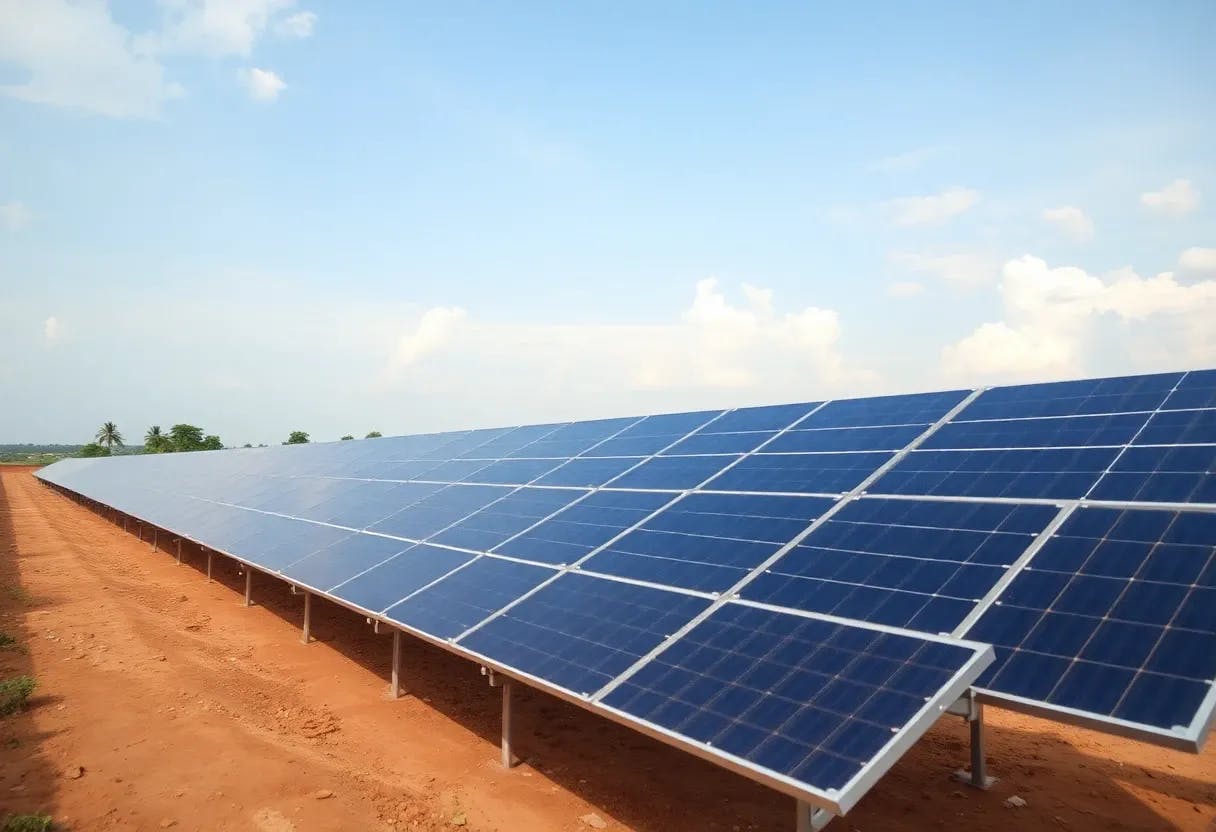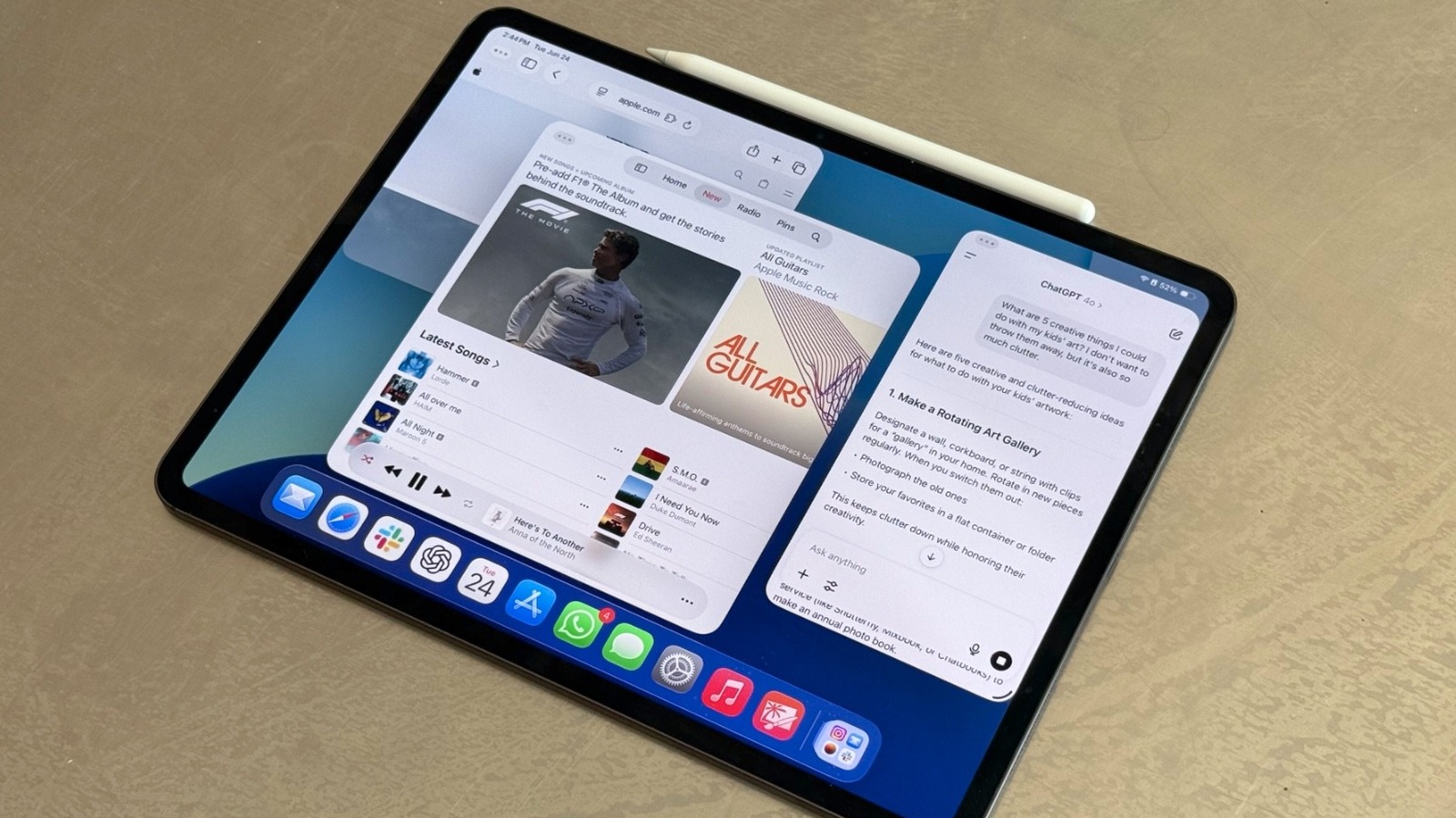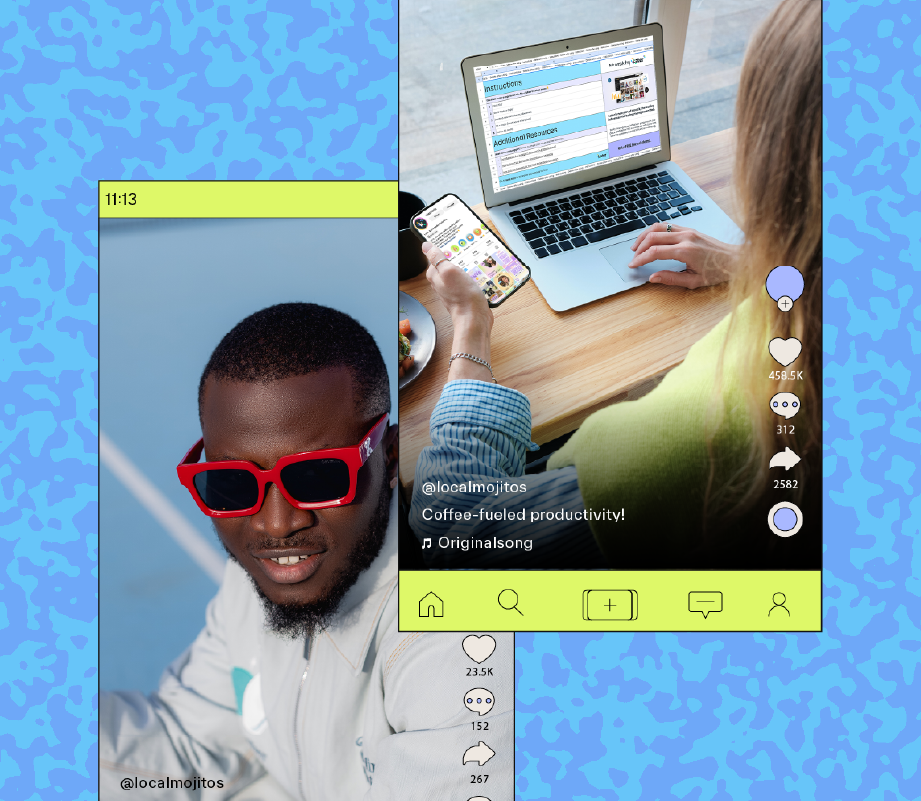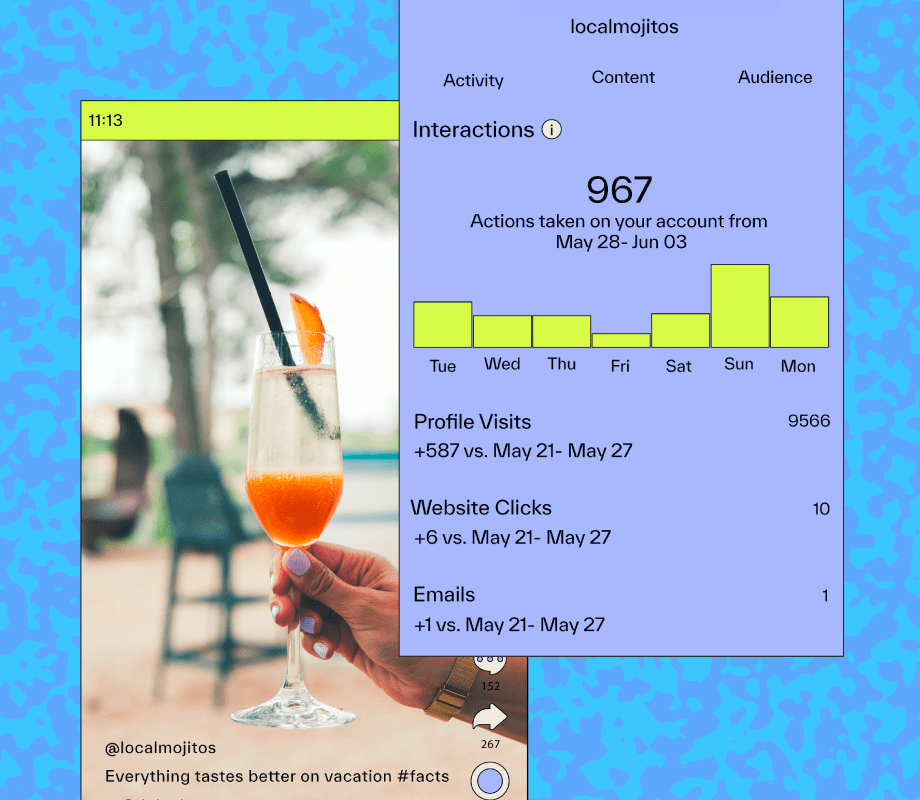Welcome to HackerNoon’s Building with AI interview series, where we learn how developers around the world are adopting, shaping, and experimenting with AI in their local ecosystems.
Today, we’re speaking with Princewill Onyenanu, a Software Engineer, building with AI in Nigeria.
1. Tell us the story behind your journey into AI — what first drew you to it, and what inspired the project you’re currently building?
AI has always fascinated me, and what’s even more interesting is that it’s been with us longer than many of us realize. From the autocomplete on our phones to smile detection in our cameras. I used to wonder how these systems worked, but back then, the barrier to entry was high, requiring deep math and specialized skills. Thankfully, that’s changed. Companies like OpenAI have made AI far more accessible through tools like GPT and other large language models(LLMs).
My latest project, GoSolar, was inspired by a personal frustration. When I tried switching to solar energy as an alternative power source a few years ago, I struggled to figure out what components and capacity I actually needed, especially because it was expensive to get wrong. GoSolar simplifies that process with AI. Users can just snap pictures of their appliances, and the app helps them plan the right solar setup effortlessly.
:::tip
GoSolar is currently in closed beta, and we’re gradually opening access. Anyone interested in learning more, testing, or partnering can reach out to me directly via LinkedIn(https://ng.linkedin.com/in/ponyenanu).
:::
What are some of the biggest challenges or limitations you’ve faced while building with AI in your local ecosystem (and how are you working around them)?
One of the biggest challenges is limited access to high-quality local data, especially around appliance usage, energy patterns, and solar performance in Nigerian households. Much of the openly available data is from regions with different infrastructure realities.
To work around this, I’ve been building GoSolar to learn from localized user inputs and crowdsourced appliance data, gradually fine-tuning the recommendations to reflect real-world Nigerian conditions.
Another challenge is infrastructure cost. Running AI models can be expensive given server and API pricing in foreign currencies. I try to mitigate this by using lightweight inference models and hybrid pipelines that mix rule-based logic with AI, keeping accuracy high while costs remain sustainable.
How would you describe the AI ecosystem where you live — in terms of talent, community, education, or investment?
The AI ecosystem here is growing fast, but still early-stage. There’s a lot of raw talent — developers, data scientists, and most recently, vibe coders 🙂 However, there’s still limited access to structured mentorship, funding, and real-world deployment opportunities.
I believe there are various local communities doing stuff around AI and helping bridge the knowledge and adoption gap, but the focus often stops at learning rather than building viable products.
Investment is still cautious; most local investors aren’t yet comfortable funding AI-driven products due to plain ignorance of the industry and technology, uncertainty around monetization, and compute costs. That’s partly why I’ve focused on practical, applied AI through GoSolar, using AI to solve tangible, high-impact problems like energy usage rather than chasing more abstract innovation.
What tools, frameworks, or models have been most useful in your work — and why do they fit your approach?
For GoSolar, I’ve leaned heavily on React Native for the mobile app, Django for backend/API development.
On the AI side, I use GPT-4.1-mini for intelligent reasoning — things like interpreting appliance data and contextual wattage estimation because it’s lightweight, reliable, and cost-efficient. Most recently, I’ve been incorporating open frameworks like TensorFlow Lite for on-device experimentation.
For deployment, I use a VPS from Linode. This mix fits my approach because it balances speed, flexibility, and cost, allowing me to move fast while keeping the infrastructure simple and scalable for the local market.
Looking ahead, what excites you most about the future of AI — and what advice would you give to developers just starting their journey?
What excites me most is how AI is becoming more localized and accessible. Models are getting smaller, cheaper, and easier to integrate into real-world products that solve everyday problems, especially in regions like Nigeria and Africa as a whole. I’m particularly excited about how this can drive leapfrog innovation in sectors like energy, finance, and education.
For developers just starting out: don’t wait to build “the next big thing”. Start small, use existing APIs, experiment with open models, and focus on trying to solve your own everyday problems. The key to building great solutions is often having more context, not adding more complexity.










